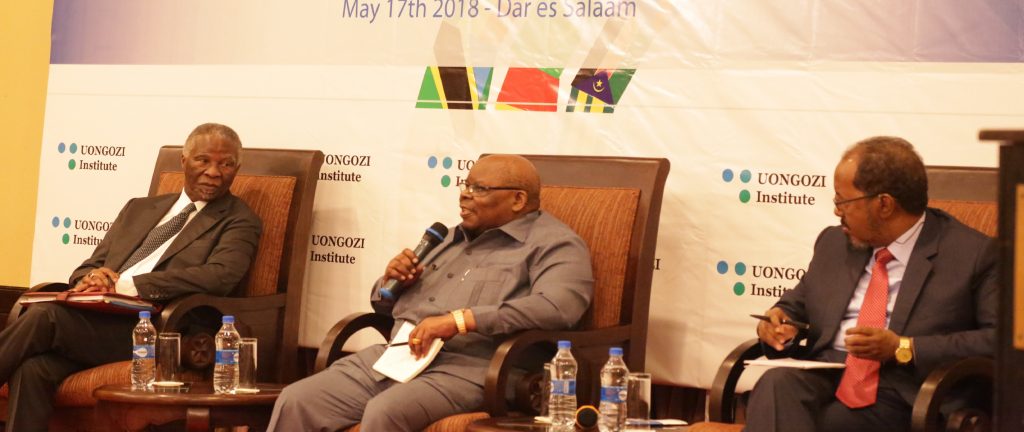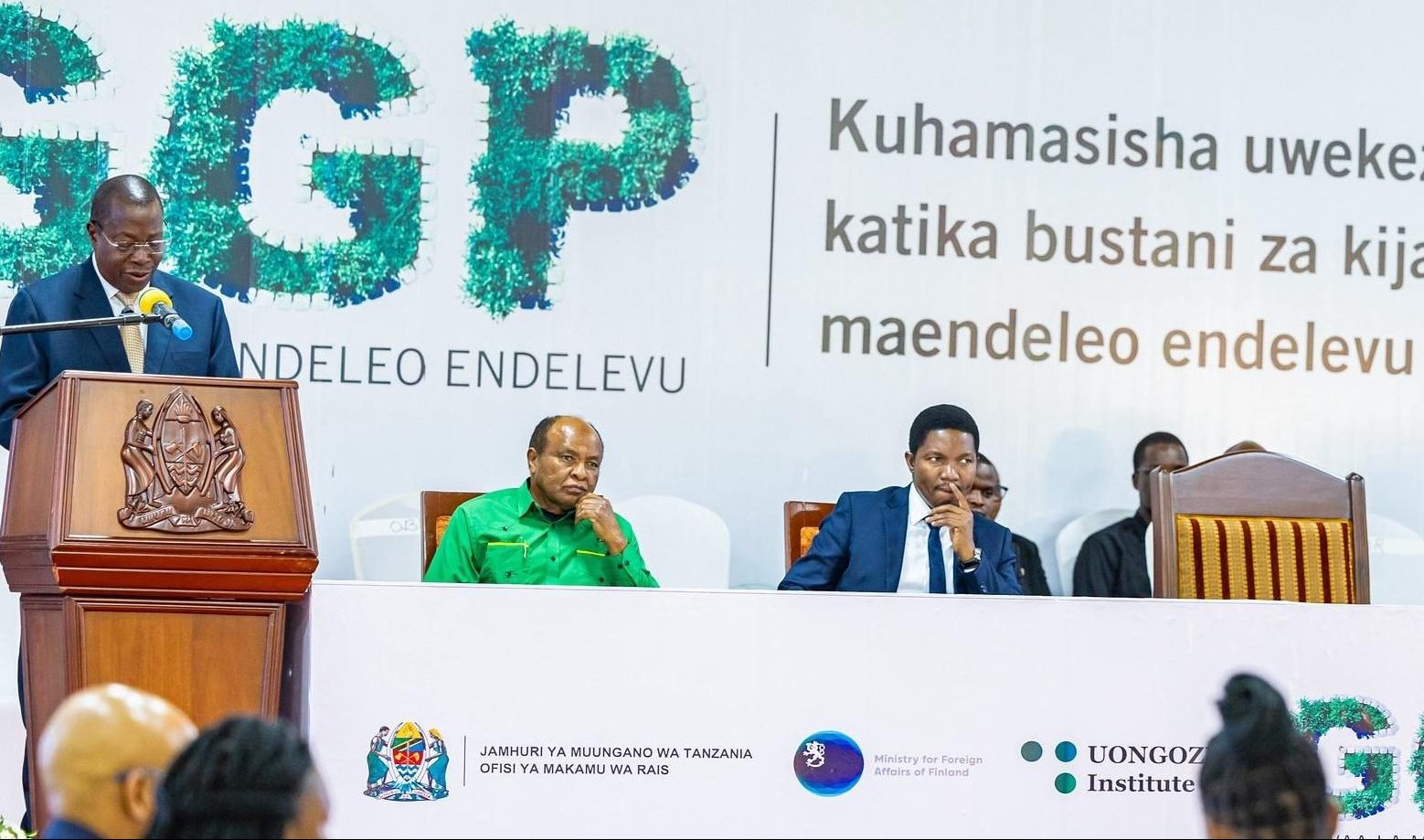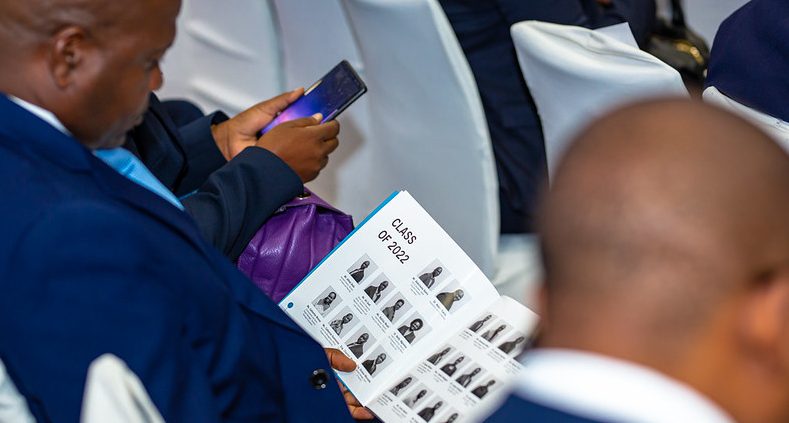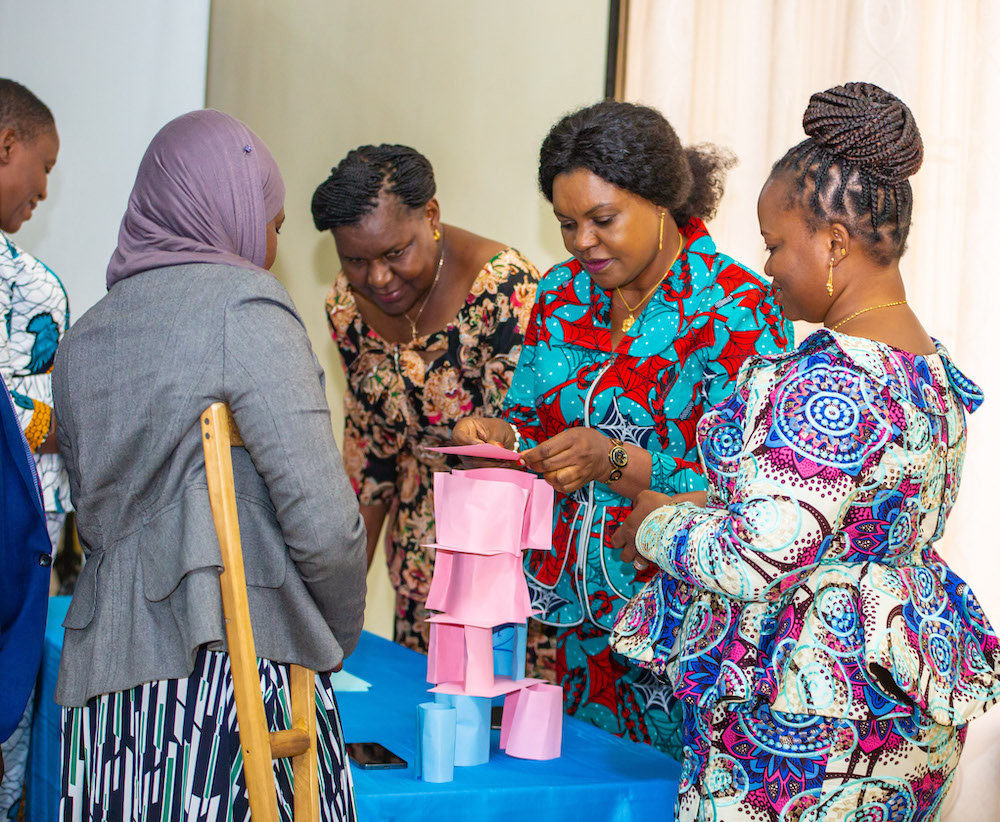On 17 May, 2018 former Presidents H.E. Benjamin Mkapa of Tanzania, H.E. Thabo Mbeki of South Africa and H.E. Hassan Sheikh Mohamud of Somalia and about forty peace and security high-level practitioners and experts from across Africa gathered in Dar es Salaam to discuss Africa’s position in the global peace and security architecture.
The Meeting which was organised by the Office of the Former President of the United Republic of Tanzania, H.E. Benjamin Mkapa and UONGOZI Institute was themed “Africa in the Global Peace and Security Architecture – Overcoming Gridlocks to Peace”.
The Meeting served as a continuation of the African Leadership Forum (ALF) convened in Johannesburg, South Africa in August, 2017, by H.E. Mkapa and H.E. Mbeki and attended by five other former African Heads of State, including H.E. Olusegun Mathew Obasanjo of Nigeria; H.E. Elson Bakili Muluzi of Malawi; H.E. Mohamed Moncef Marzouki of Tunisia; H.E. Jakaya Mrisho Kikwete of Tanzania; and H.E. Hassan Sheikh Mohamud of Somalia.
The Meeting focused on two specific conflict areas in the region, the Democratic Republic of Congo (DRC) and the Federal Republic of Somalia and used Chatham House Rules to facilitate free and honest exchange.
The Meeting noted and applauded the growing role that the African Union (AU) and African institutions are playing in fostering peace and security in the Continent. Nevertheless, it noted that challenges remain and that a doubling of effort is necessary.
Commenting on the Meeting’s recommendations, H.E. Mkapa pointed out the need of streamlining peace and security structures in the African Union (AU) and other African regional blocs, as well as increasing collaboration with United Nations (UN) peace and security structures.
He stated, “It is critically important for the AU to present a unified voice in the international arena, however, the collaboration between AU and UN is essential to address key peace and security challenges in the African countries by learning UN’s experience.”
On his part, H.E. Mbeki elucidated on why the Meeting selected only two cases, Somalia and DRC.
He argued, “The Meeting wanted as practical results as possible, it could not discuss too many countries or examples, that is why two cases were chosen. Somalia case is important because it raises a question of the struggle against terrorism. As for the DRC, it borders nine African countries, and conflict in the DRC necessarily has semi-continental impact.”
He added, “The Meeting results will be fed into the processes taking place at the AU to help realise the organisation’s vision such as what is called ‘silencing the guns by 2020’.”
Relating with the experience in Somalia, after decades of military rule and dictatorship and civil war, H. E. Mohamud recognized that education is fundamental for ensuring that citizens understand the concepts of good governance and rule of law, but that this is not enough.
He said, “First and foremost, Africa’s leadership must lead by example. Leaders must follow the rules and act on citizens’ interests.”
The Executive Secretary of the International Conference on the Great Lakes Region (ICGLR), Amb. Zachary Muburi Muita emphasised on the need for regional leaders to work together on matters of peace and security.
He stated, “If one country explodes, the fire burns the neighbours immediately. And if there is peace and prosperity in one of the countries especially a central country like the DRC, the prosperity is going to spill over immediately to the neighbourhood.”
He further stated, “Thus, there is a need for political leaders, in a brotherly manner, to engage on matters of their neighbour(s) with the intention of finding African solutions to the African problems.”
The Meeting concluded with the following recommendations to Africa’s Leaders and the AU in order to address key peace and security challenges on the continent:
- Strengthening the continent’s institutions tasked with peace and security matters;
- Strengthening in-country frameworks for stakeholder engagement and consultation, and ensuring inclusive national discourse;
- Increasing collaboration among national, regional and continental organs and frameworks contributing to conflict prevention and peace enforcement;
- Streamlining and increasing collaboration with the United Nations peace and security structures, including the UN Security Council, and learning from their experience;
- Promoting universal accession and implementation of the African Peer Review Mechanism as an essential tool for ensuring good governance, strong national level dialogue and inclusiveness;
- Encouraging burden sharing, including financing of the peace and security effort by African governments.
A comprehensive report from the discussion will be forwarded to the AU Secretariat in Addis Ababa, Ethiopia as the Forum’s contribution to the organisation’s effort to drive the peace and security standing across the African continent.






